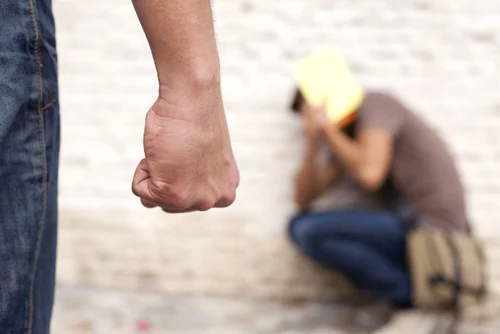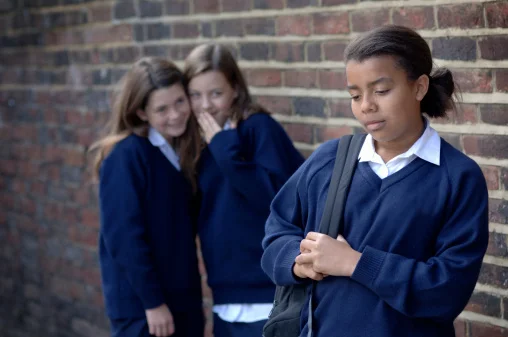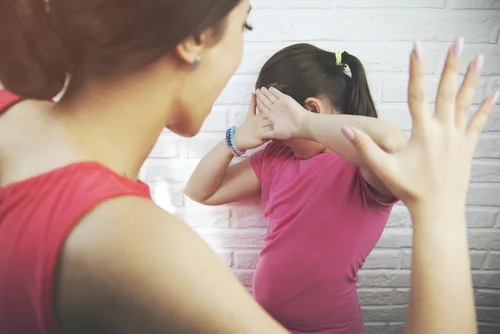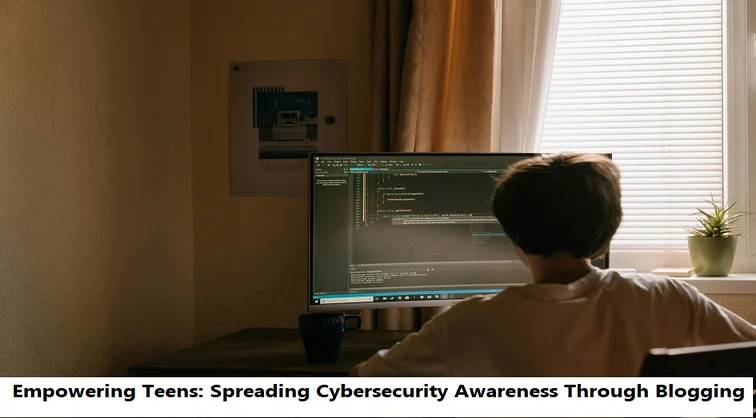+1 845 259 2974 (11 a.m to 7 p.m CST)
The Slippery Ways of Bullies

Phrases like “kids just being kids” and “just a part of growing up and learning to fend for themselves” are no longer acceptable justifications for bullying. Realizing the impact that such behavior can have on the well-being of victims, both parents and school administrators have upped their efforts for curbing the threat, though to little avail. One major hurdle in dealing with the issue effectively is the guile of bullies. Rather than feeling remorse, they often come up with excuses to justify their actions and consequently evade the consequences for their behavior. Since they don’t get punished, they don’t have a reason to change. When seeking answers to the pressing question of how to deal with bullies, it’s important for parents and educators to be aware of the typical excuses they use to get themselves out of trouble and corner them to trigger a change.
The common excuses
Over the years, there’s been a lot of focus on discovering ways to prevent bullying. Yet, the problem continues to be there, just as strong and widespread as ever. This lack of improvement in the situation may be associated with the lack of action against suspected and even confirmed perpetrators of aggression towards other kids. Upon getting confronted, bullies commonly try to avoid punishment by portraying themselves as the actual victims who were simply retaliating to provocation such as nasty behavior and remarks. Of course, determining the authenticity of their version of the events rarely proves to be an easy task and therefore they’re allowed to walk away with little to no consequences. Some bullies may be adept at exploiting emotions of adults. They may blame their aggressive behavior to the “abusive domestic environment” in front of school administrators and difficult school life in front of parents. Another excuse that bullies may use to avoid trouble both at home and in school is to pretend that they were completely unaware of the situation and the impact their actions were having on the victims.
The true motivation behind acts of aggression
While bullies may have plenty of excuses and justifications to give for their aggressive actions, there’s a fat chance for any of them to be true. Asserting authority on others is among the most popular motives behind bullies’ actions. Being able to make someone cower in fear through verbal and physical abuse makes them feel empowered, a feeling that they relish. Many bullies are not good at solving social problems and handling their emotions. As a result, they turn to aggression as it saves them the trouble of having to work things out. Peer pressure is also a common driving force behind bullying. Bullies pick on others to gain popularity and high social status. Envy is yet another factor that can manifest itself in form of bullying.
What the parents need to do
Letting bullies walk away without consequences for their actions can deal a heavy blow to efforts being made to curb such behavior among teens. Parents need to take responsibility and educate kids on bullying from an early age so that they grow up rejecting it. Letting bullies off the hook may lead them to believe that they can get away with anything. They need to be taught of accountability and consequences for their actions, thus making punishments an important part of the grooming process. In case of an identified bullying situation, it’s important that parents do not buy their kid’s version of the story without probing further into the matter. Keeping in touch with school can help in this accord. Teens should be taught how to resolve social problems and deal with their emotions. Encouraging children to get involved in sports can help them blow off some steam in a healthier and appropriate manner.
Dealing with bullies who are not ready to take responsibility for their behavior can present parents and schools with a complicated challenge. However, it is important to understand that unless perpetrators of aggression are held accountable for their behavior, they are unlikely to regret their mistake and agree to change.























